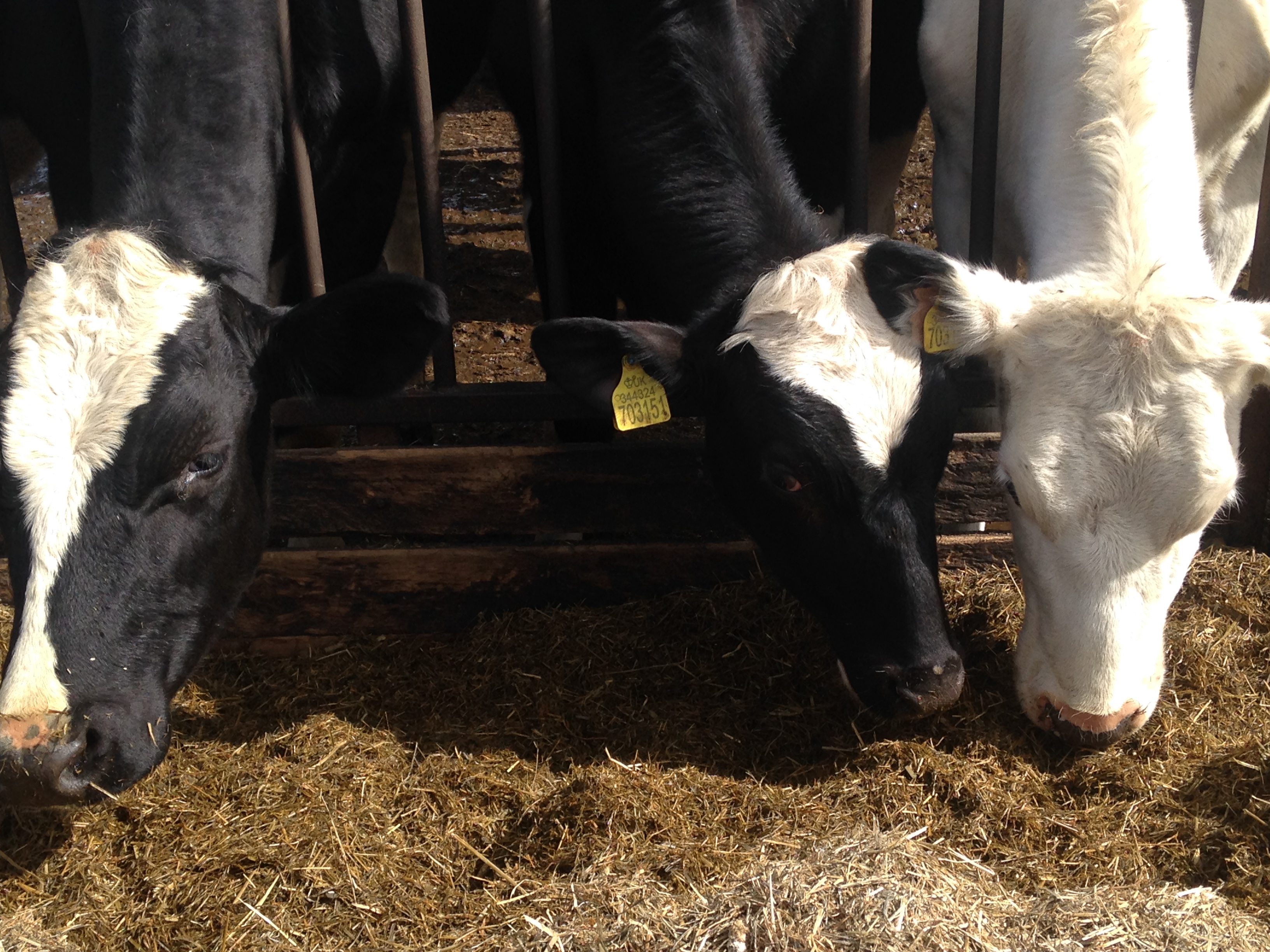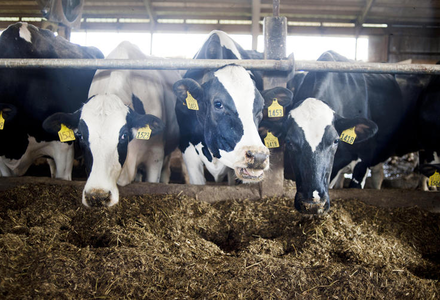Will using L. buchneri cause a reduction in DM intake?
Silages treated with L. buchneri will have a high acetate content and for many years it has been said that high acetate levels in silage will lead to reduced intakes, however, the evidence for this is extremely controversial with evidence both for and against.
 It seems likely that the explanation for this is that in the past high acetate silages resulted from a poor initial fermentation which would also have resulted in a number of other end products that are not measured in a typical silage analysis. It may be that it is these, rather than acetate itself, that are causing reduced intakes, perhaps due to palatability issues - human beings are not put off by high levels of acetate – we put it on our chips as vinegar.
It seems likely that the explanation for this is that in the past high acetate silages resulted from a poor initial fermentation which would also have resulted in a number of other end products that are not measured in a typical silage analysis. It may be that it is these, rather than acetate itself, that are causing reduced intakes, perhaps due to palatability issues - human beings are not put off by high levels of acetate – we put it on our chips as vinegar.
High acetate silages resulting from treatment with L. buchneri are very different as, in this case, the acetate results from secondary fermentation of lactate, the only other product being 1,2-propanediol. There is no evidence from published trials to indicate that high acetate silages resulting from buchneri secondary fermentation cause intake problems, even at acetate levels above 5% DM. In fact, there seems to be little evidence for buchneri treatment having any effect on animal performance - positively or negatively.
_copy_listing.png?1521897389)

